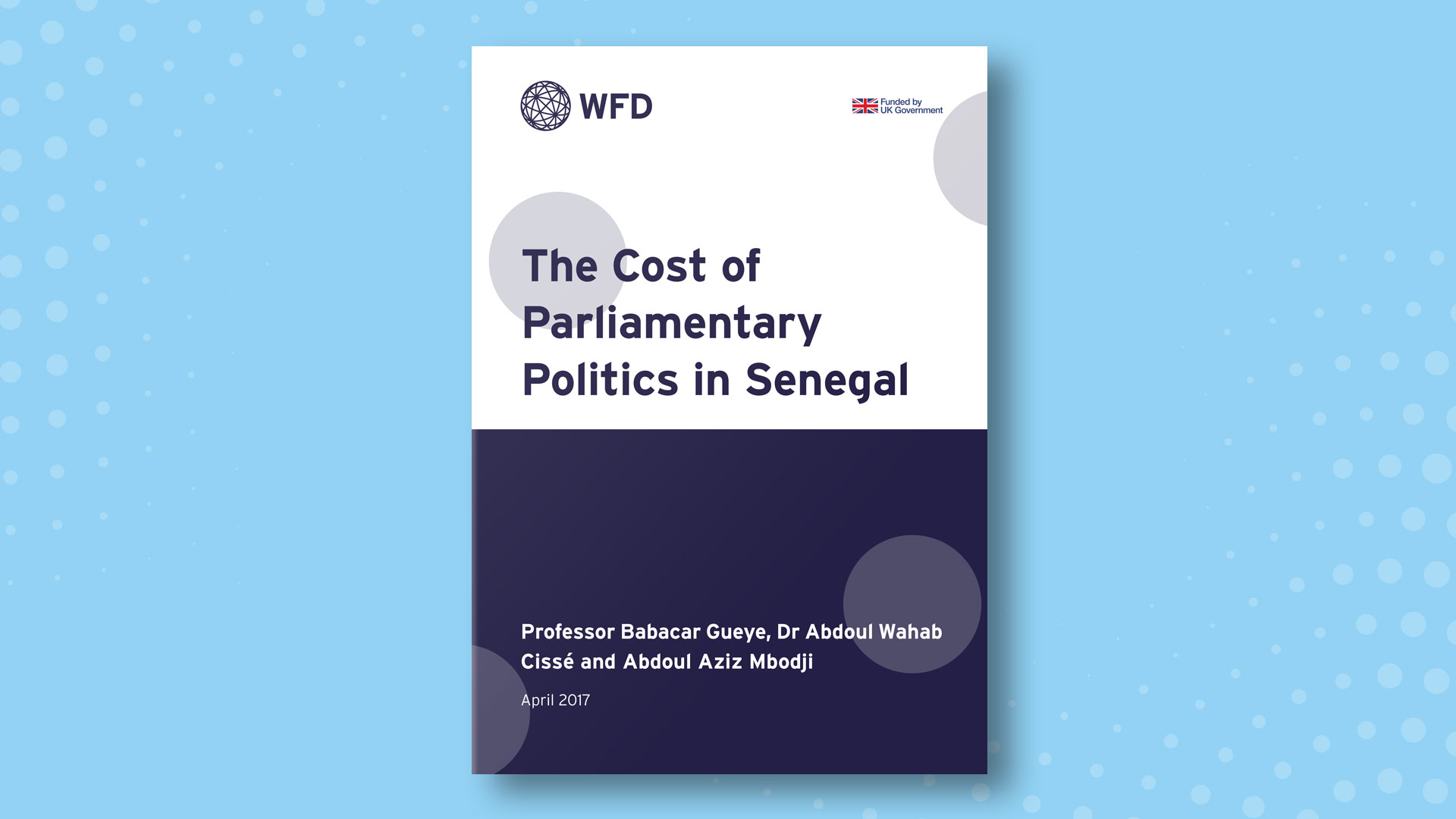
Professor Babacar Gueye

Dr Abdoul Wahab Cissé

Abdoul Aziz Mbodji
In Senegal, parliamentary candidates are facing increasing costs linked to their investiture, their election and their legislature. Senegal has had a long history of multi-party elections. Except for the period from 1963 to 1976 when the country experienced a single-party system, elections have always been hotly contested since independence, and even during the colonial period beforehand.
However, to get elected to parliament, candidates are expected to undertake certain activities which require the availability of vast financial resources, and this issue is the focus of this study. It is clear that money is a resource of prime importance for all candidates in legislative elections in Senegal. There are more and more cases of electoral candidates who are facing judicial inquiries because of loans they had taken out to run their campaign and are unable to pay back. The degree of a political actor’s access to financial resources seems to be a determining factor in his or her likelihood of being elected to parliament, and in his or her capacity to win over a portion of the electorate. In other words, money helps candidates to influence the political stakes in their favour, whether locally or nationally.
This exploratory report aims to reflect on what MPs have said about their own election costs, the manner in which they dealt with their voters’ solicitations, and their proposals for making their parliamentary work more efficient. Looking to the future, the last part of this study will deal with the effect of the cost of politics on democracy.
